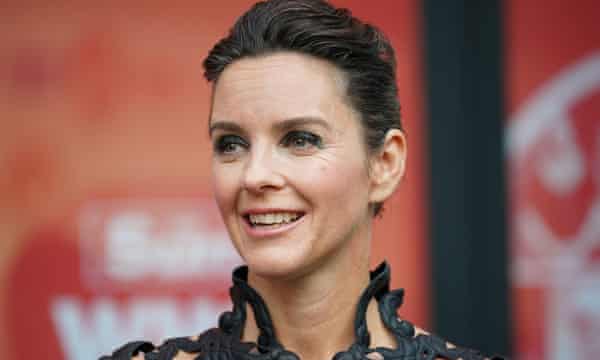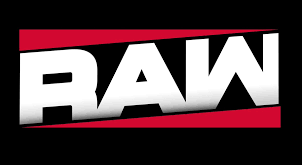“There are plenty of stages to go in the ownership discussion,” said Alex Mahon, the ever-optimistic chief executive of Channel 4, days before the government’s plans to privatise the broadcaster are to be announced in this week’s Queen’s speech.
On Thursday, Mahon publicly shared what she termed an “attractive, realistic and sustainable alternative” to the government’s dogged pursuit of a sale of Channel 4 that ministers hope could net £2bn.
Her package of proposals, which has been dismissed by the government in private meetings, marks a last-ditch effort to head off what has become the most serious push of about half a dozen attempts at privatisation since Channel 4 was launched almost four decades ago.
The government’s privatisation plans form part of a draft media bill, which includes a number of welcome legislative measures, including forcing on-demand TV services to prominently feature British public broadcasters’ content. The bill will need to get through a near two-year process in the House of Commons and the Lords before the largest privatisation since Royal Mail in 2013 is complete.
Ministers have been buoyed by more than two dozen expressions of interest from potential buyers to its banking advisers JP Morgan, fuelling hopes of a £2bn bidding war, although many of these will be rivals just keen for a look at Channel 4’s books. Industry estimates put its value at a maximum of £1.5bn.
Potential bidders range from Sky and ITV to Channel 5 owner Paramount, Warner Bros Discovery and Vivendi, the French owner of pay-TV operator Canal+.

In 2017, Channel 4 escaped privatisation in a deal with culture secretary Karen Bradley, who deemed the broadcaster a “precious public asset”, by agreeing to move large parts of its operations out of London to benefit the rest of the UK. Channel 4’s new plan doubles down on this with a promise to move a total of 600 of its 800 staff outside London, making it “northern-based” and the “levelling-up broadcaster”, while planning to increase programme investment to £1bn.
But this time the government is refusing to compromise, claiming that Channel 4 will not be able to compete in the Netflix-era as a publicly owned company. Mahon argues that Netflix, which has seen its subscriber numbers go into reverse globally, is a partner, not a rival.
Despite 96% of the 56,000 respondents to its consultation saying they were against privatisation, and mounting opposition from Labour and Tory ministers, the government is ploughing ahead with the biggest shake-up to UK broadcasting since Channel 5 was launched in 1997.
The government plans to scrap Channel 4’s unique business model, devised by Margaret Thatcher’s government, which stops it from owning the shows it commissions, so that independent TV production companies can thrive by selling the rights after they are shown. The government has stipulated that a new owner must continue to commission an unspecified “minimum volume of programming” from indie producers.
But Channel 4 and industry analysts estimate that this will cost thousands of jobs and result in the loss of hundreds of millions of pounds annually to small producers – many of which could struggle to survive.
A profit-maximising private owner would also look to increase margins at a stroke by cutting Channel 4’s £700m programming budget as well as focusing on the most commercially viable content.
Channel 4 believes investment in unprofitable or more culturally challenging fare, from It’s A Sin and the Paralympics to films such as Three Billboards Outside Ebbing, Missouri, would never get commissioned by an owner focused on the bottom line. News and documentaries would also be targeted, and cutbacks would be expected at its “national HQ” in Leeds, and hubs in Glasgow and Bristol.
Despite the government steadfastly pursuing privatisation, Channel 4 believes that now the plans are public, it can throw its weight behind opposing them and pull off an 11th-hour reprieve, remaining in taxpayers’ hands, as the broadcaster has managed to do in the past.
“There is a long way to run in this process and our role is to be here with advice, clarity, precision and fact about what the impact of certain choices will be,” says Mahon. “The reality is that Channel 4 is 39½ years old, I reckon we are going to make it to our 40th birthday, it’s not going to go through that fast. The truth is that it is an institution and an important part of the UK’s broadcast landscape. Public service broadcasting in the UK is incredibly strong and phenomenally important. Anything that might change that role is an important question to debate.”
Source link



